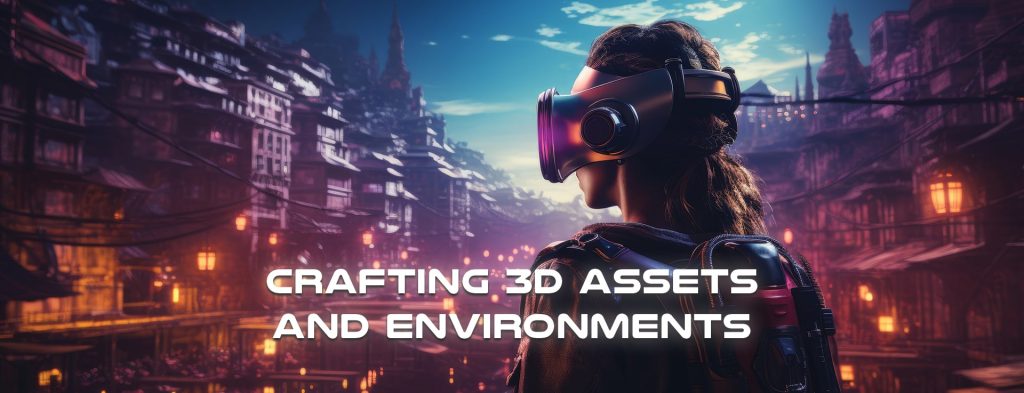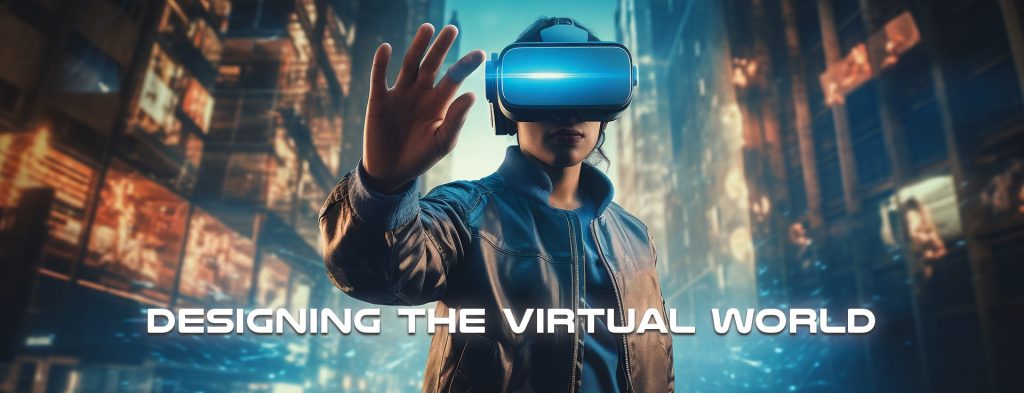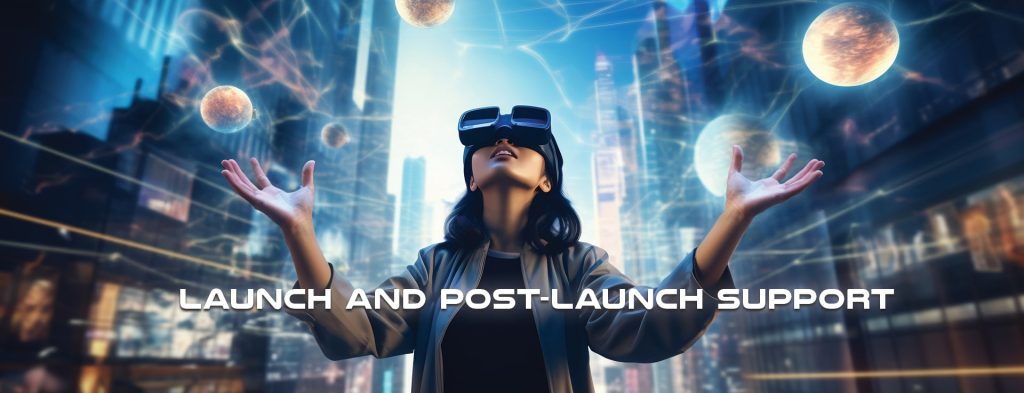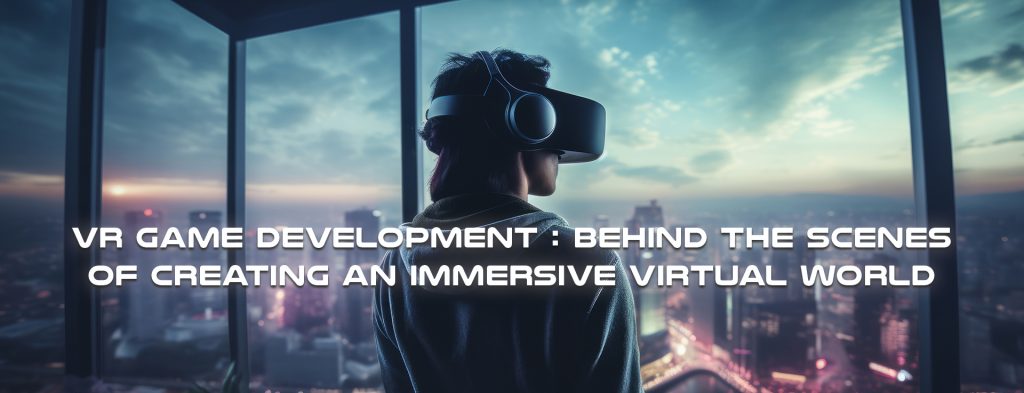The realm of virtual reality (VR) gaming has witnessed a remarkable surge in recent years, captivating players with its ability to transport them into immersive and interactive digital worlds. As technology advances, the demand for innovative and engaging VR experiences continues to grow, presenting game developers with a unique set of challenges and opportunities. This blog post takes you behind the scenes of VR game development, unveiling the intricate process of crafting an enthralling virtual world that blurs the line between reality and imagination.
Conceptualizing the Virtual Experience
Before embarking on the journey of VR game development, the first step is to conceive a compelling game concept that leverages the strengths of the VR medium. This involves an ideation process where developers brainstorm unique ideas, explore captivating narratives, and envision gameplay mechanics that can only be achieved through the power of virtual reality. Storyboarding plays a crucial role in visualizing the game’s narrative and gameplay, allowing developers to map out the player’s journey and ensure a cohesive experience.
Defining the target audience and platform considerations is also essential during this initial stage. By understanding the preferences and expectations of the intended players, as well as the capabilities of various VR platforms, developers can tailor the game’s design and optimize its performance accordingly.
Assembling the Development Toolkit
To bring their virtual vision to life, developers must carefully select the right game engine for VR development. Popular choices include Unity and Unreal Engine, which offer robust tools and support for creating immersive VR experiences. Additionally, developers must ensure they have the necessary hardware, such as VR headsets and motion tracking systems, to accurately test and refine the game during the development process.
Beyond the core development tools, a range of software solutions for modeling, animation, and sound design are essential for crafting the game’s visual and auditory elements. These tools enable developers to create intricate 3D models, animate characters and objects with lifelike movements, and design spatially-aware audio that enhances the overall immersion.
Crafting 3D Assets and Environments

Bringing the virtual world to life requires the creation of intricate 3D assets and environments. This process begins with modeling, where artists transform sketches and conceptual designs into detailed 3D objects. Texturing and lighting play pivotal roles in adding depth, realism, and atmosphere to these digital assets, ensuring they seamlessly integrate into the virtual world.
Audio design is equally important in VR game development, as spatially-aware sound can significantly enhance the player’s sense of presence and immersion. Developers must carefully craft audio cues, environmental sounds, and music that respond dynamically to the player’s position and actions within the virtual space.
Designing the Virtual World

With the conceptual foundation laid and the development toolkit assembled, the next step involves creating a detailed game design document (GDD). This comprehensive document serves as a roadmap, outlining the game’s mechanics, gameplay objectives, and overall structure. World-building is a crucial aspect of VR game development, where developers meticulously craft the setting, characters, and environmental design to create a cohesive and believable virtual world.
Maintaining a sense of scale and spatial relationships is paramount in VR, as players experience the virtual world from a first-person perspective. Developers must carefully consider object sizes, distances, and spatial relationships to ensure a natural and immersive experience.
Testing and Refinement
As with any software development process, testing and refinement are essential in VR game development. Playtesting sessions provide invaluable feedback from players, allowing developers to identify areas for improvement and refine the gameplay mechanics, user experience, and overall immersion. Debugging and quality assurance are crucial steps to ensure a polished and bug-free experience.
VR game development often follows an iterative design approach, where developers continuously gather feedback, make adjustments, and evolve the game based on user experiences. This iterative process ensures that the final product meets the expectations and preferences of the target audience.
Launch and Post-Launch Support

